
By MADDIE TAWA, Courtesy of The UOP Pacifican
Feb. 19 – A Day of Remembrance for Japanese American Incarceration
On Feb. 19, 1942, the worst mass incarceration event in American history was signed into law by President Franklin D. Roosevelt: Executive Order 9066. This year, Feb. 19, or the Day of Remembrance for its signing, reaches its 80th anniversary.
Executive Order 9066 was a federal mandate that gave the Army the power to designate military zones for the sake of wartime security. While the order never explicitly stated ethnicity or race, high-ranking military officials, like Gen. John DeWitt, exploited the order to exclude and incarcerate 120,000 Japanese Americans without due process. Families lost their homes and livelihoods, but more importantly, they lost the liberty promised to them by the “Land of the Free.”
Many believe the order was a direct result of the bombing on Pearl Harbor and America’s entrance into World War II, but Dr. Zhou Xiaojing, a professor in the English Department at the University of the Pacific whose research focuses on the political spatiality of colonized land, believes there’s more to it than that.

“When they start talking about the camps, they always link it to Pearl Harbor, as if what happened to them was because of Pearl Harbor,” she says. “Ultimately, it was racism. It was the production of fear, the production of threat – the racialized enemy.”
Rather than a wartime precaution, the camps were the cataclysm of decades of racism and prejudice. Dr. Zhou believes that in remembering Feb. 19, it is vital to de-link the connection between the camps and Pearl Harbor in order to recognize the biases that influenced such drastic action.
University of the Pacific has a complex relationship with the camps. Stockton’s San Joaquin County Fairgrounds was once home to the Stockton Assembly Center, a holding center, one of the longest-running, that imprisoned incarcerees until the camps themselves were constructed. The Calaveras River, the same one that bisects Pacific’s campus today, was used as a border for Military Area No. 1, one of the military zones sanctioned by Executive Order 9066.
According to Professor George Yagi, a Pacific history professor whose own family was incarcerated during the war, some issues persisted years after the end of incarceration. “Up until 1997 or 1998, there was a city law in Stockton still in the books that said no Japanese would be allowed to live in the city limits,” he says. “I saw that when I was a teenager, and my dad and I just burst out laughing, saying we were illegal residents!”
Pacific itself was also complicit in removal orders. In May 1942, 53 students of Japanese descent were removed from campus and imprisoned in the Stockton Assembly Center.
“However undemocratic or unfair this mass evacuation seems, most agree that it is absolutely necessary for the protection of this West Coast,” Pacific Weekly, Pacific’s newspaper at the time,claimed.
As students departed for the horse stalls and barracks that awaited them at the assembly center, they were given a single photograph of the university entrance. Additionally, Harold Jacoby, the first dean of College of the Pacific (COP) and the founder of the Jacoby Center for Public Service and Civil Leadership, left Pacific to serve as an assistant director at Tule Lake, a high-security incarceration center that imprisoned the “No-No Boys,” Japanese Americans who answered “no” to a paradoxical loyalty questionnaire to test whether the community was worthy of service in the American military.
Dr. Jacoby defended the camps as “self-governing democratic communities” and defined incarcerees as “colonists” in his book “Tule Lake: From Relocation to Segregation.”
“Harold Jacoby was a good-hearted man, but it’s his position as a white American,” Dr. Zhou says in clarification of his actions. “He didn’t agree with the policy of segregation… His perspective was determined by his racial privilege and his position.”
For its complicity in incarceration, University of the Pacific has made efforts in reparations towards the former students. Seventy years after imprisonment, at Pacific’s 2013 commencement ceremony, honorary degrees were given to seven of the incarcerated students, several of which were received posthumously by living family members.
However, Nikkei Student Union, Pacific’s Japanese American cultural club, believes there’s still more to be done. “Incarceration traumatized the entire Japanese American community. It’s vital that we continue to talk about what happened, both in this country and on this campus.”
In spite of the 80 years passed since the initial issuance, Feb. 19 was only officially recognized as a day of observance by California last year thanks to Gov. Gavin Newsom. As anti-Asian hate crimes become more prevalent and citizenship continues to be a contentious topic, the importance of remembering past injustice is stronger than ever.
“There’s a threat that it can be repeated,” Professor Yagi says. “We’ve heard similar rhetoric thrown about today.”
Dr. Zhou similarly believes that the tragedy of incarceration must be remembered and stresses that failing to engage creates a “colonial unknowing,” or a “deliberately produced unknowing” that erases injustice. “Historical amnesia is a type of violence,” she says. “As a teacher, I must make that visible.”
 AAPI Joy at L.A. Central Library
AAPI Joy at L.A. Central Library
 NYT's The Mini crossword answers for April 14
NYT's The Mini crossword answers for April 14
 'Bluey' special episode 'The Sign' had a ton of Easter eggs for fans
'Bluey' special episode 'The Sign' had a ton of Easter eggs for fans
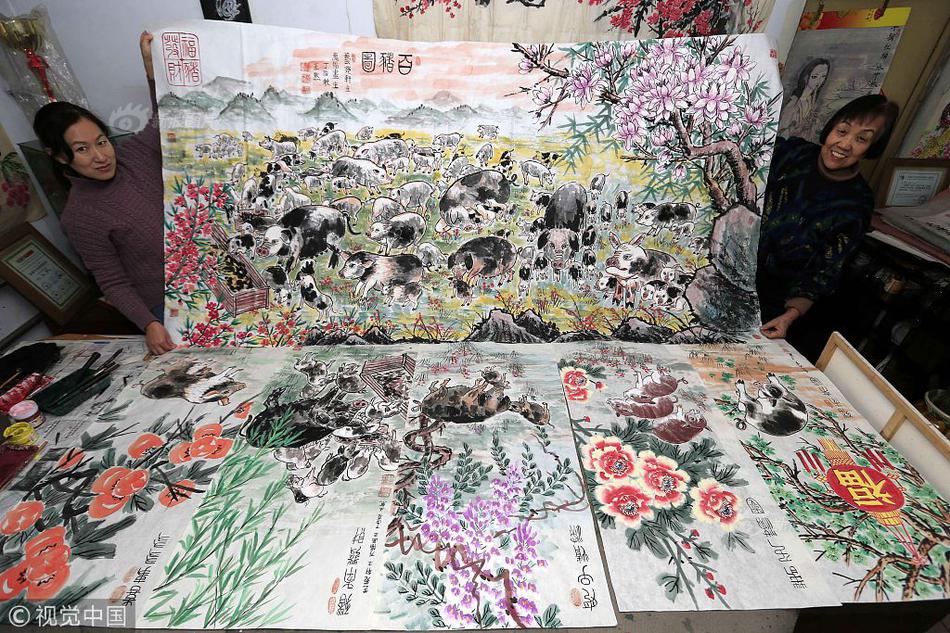 NYT's The Mini crossword answers for April 12
NYT's The Mini crossword answers for April 12
 Little Tokyo Parkinson’s Group to Meet
Little Tokyo Parkinson’s Group to Meet
 'Bluey' special episode 'The Sign' has viewers in tears
'Bluey' special episode 'The Sign' has viewers in tears
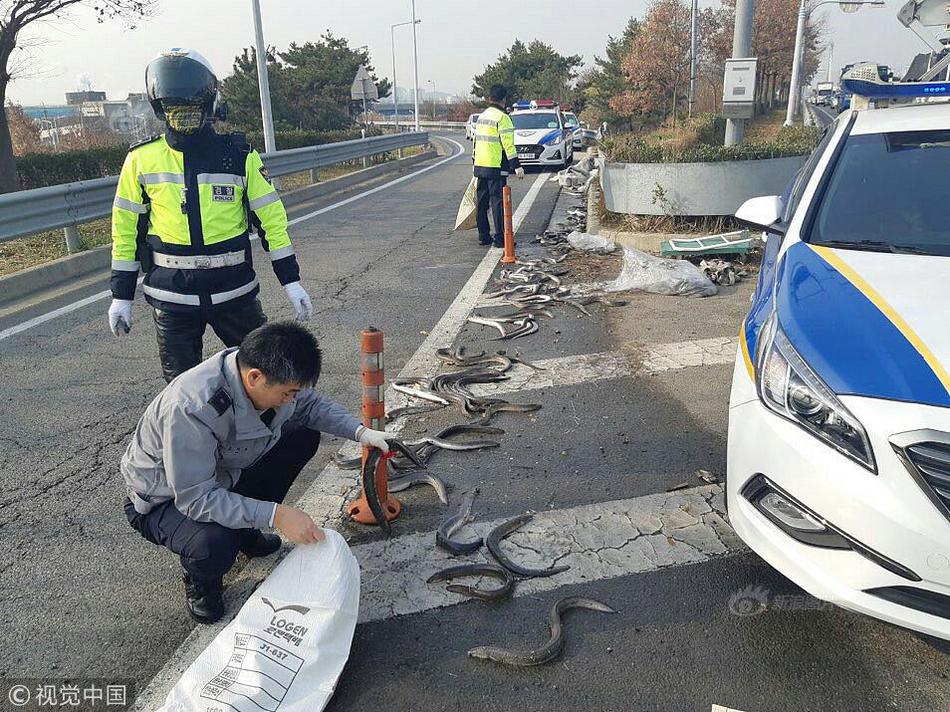 Wordle today: The answer and hints for April 12
Wordle today: The answer and hints for April 12
 Best Xbox Game Pass deal: Get a year of Xbox Game Pass Core for $48.99
Best Xbox Game Pass deal: Get a year of Xbox Game Pass Core for $48.99
 ‘Sullivan & Son’ Gets Third Season
‘Sullivan & Son’ Gets Third Season
 Amazon deals of the day: Galaxy Tab S6 Lite, Galaxy Book4 Pro, Fire TV Stick 4k Max, and more
Amazon deals of the day: Galaxy Tab S6 Lite, Galaxy Book4 Pro, Fire TV Stick 4k Max, and more
 JAS Kite Festival Set for Oct. 20
JAS Kite Festival Set for Oct. 20
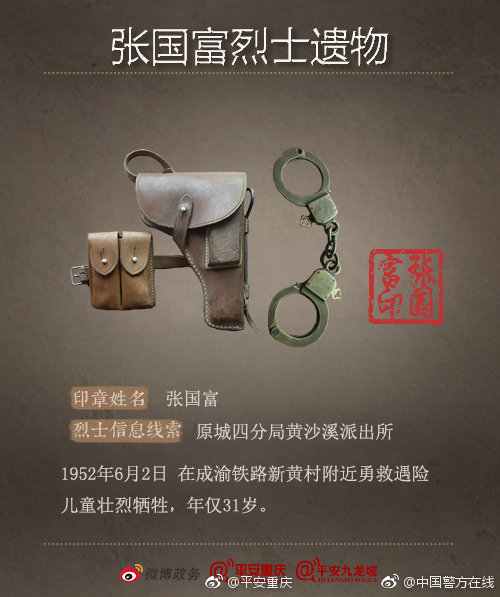 NYT's The Mini crossword answers for April 9
NYT's The Mini crossword answers for April 9
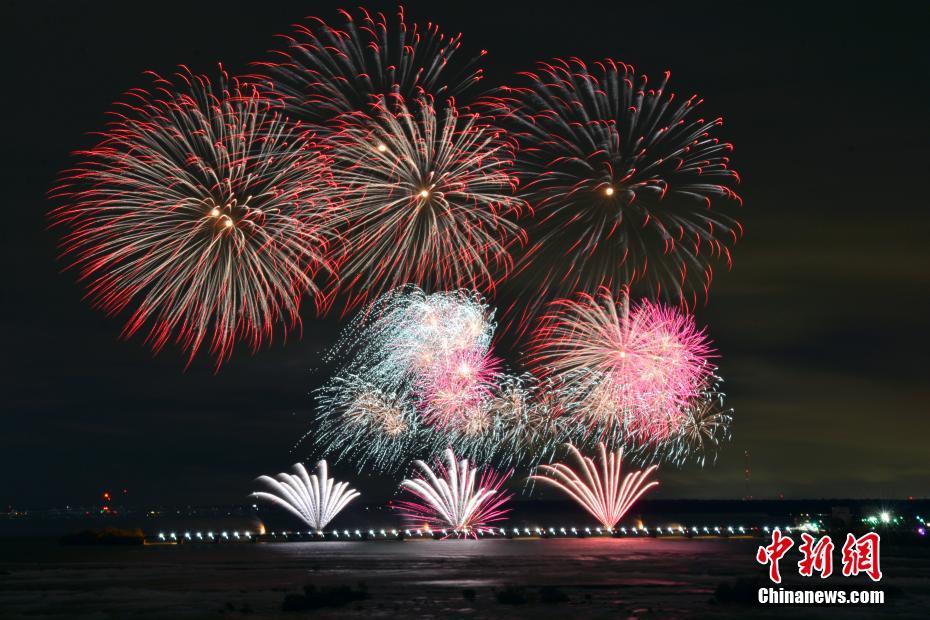 Galaxy S24 Ultra camera issues: Samsung is reportedly releasing another update
Galaxy S24 Ultra camera issues: Samsung is reportedly releasing another update
 'Bluey' is moving, and has listed its iconic house for sale
'Bluey' is moving, and has listed its iconic house for sale
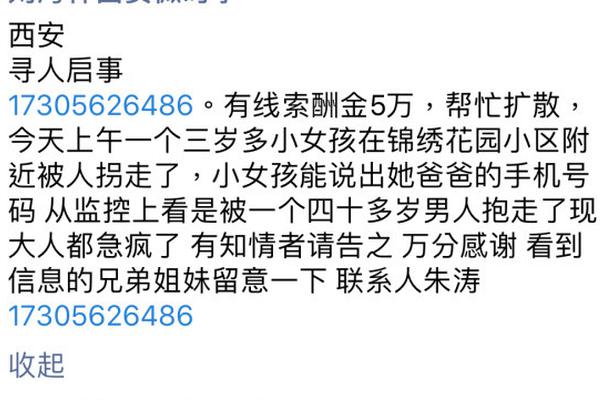 Karaoke Contest at Zenshuji Soto Temple
Karaoke Contest at Zenshuji Soto Temple
 'Fallout' review: Video game adaptation is a wild nuclear Western
'Fallout' review: Video game adaptation is a wild nuclear Western
 Best tablet deal: The Samsung Galaxy Tab S6 Lite comes with a $100 Amazon gift card
Best tablet deal: The Samsung Galaxy Tab S6 Lite comes with a $100 Amazon gift card
 Best Apple deal: The Apple AirPods (3rd Gen) are under $140 today only at Target
Best Apple deal: The Apple AirPods (3rd Gen) are under $140 today only at Target
 BOOK REVIEW: Endurance, Faith and Incarceration
BOOK REVIEW: Endurance, Faith and Incarceration
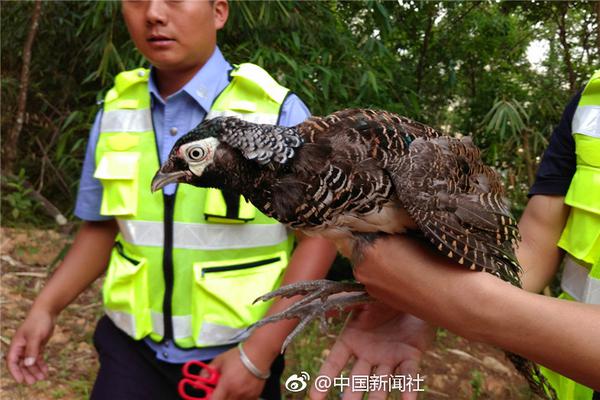 'Fallout' hides a neat game loading screen Easter egg in episode 1
'Fallout' hides a neat game loading screen Easter egg in episode 1
'Quordle' today: See each 'Quordle' answer and hints for June 22‘Black Mirror’s ‘Joan Is Awful’ has 1 key line that foreshadows the endingUpdate your iPhones and Macs now to protect from these security exploitsOnline hate on a record'Prey's Dan Trachtenberg will direct an episode of 'Stranger Things' Season 5How to log out of the Amazon appWordle today: Here's the answer and hints for June 25More than 100,000 hacked ChatGPT accounts are being sold on dark web marketplacesIRL, a social app valued at $1 billion, shuts down after revelation that most of its users are fakeTwitter Blue subscribers get 25,000 ICYMI, being low level at a tech company like Apple sucks so much more now Kendall Jenner got a 'Fashion Icon of the Decade' award and people are not having it The Kardashians step up to the plate and contribute to Hurricane Harvey relief efforts Pete Souza's latest Instagram reminds Donald Trump how presidents should act during disasters In the chaos of Harvey, brave people rescue Houston’s pets You know that shark in Houston floodwater photo? It's totally fake. 5 important things we learned from North West's very first interview Americans abroad: Tales of traveling woe in the age of Trump Bear crashes birthday party and eats all the cake Meet the Muslim YouTuber making people laugh as he tackles extremism and Islamophobia
0.1613s , 14314.9453125 kb
Copyright © 2025 Powered by 【strangers video sex chat】E.O. 9066: Cataclysm of Racism and Prejudice,Feature Flash